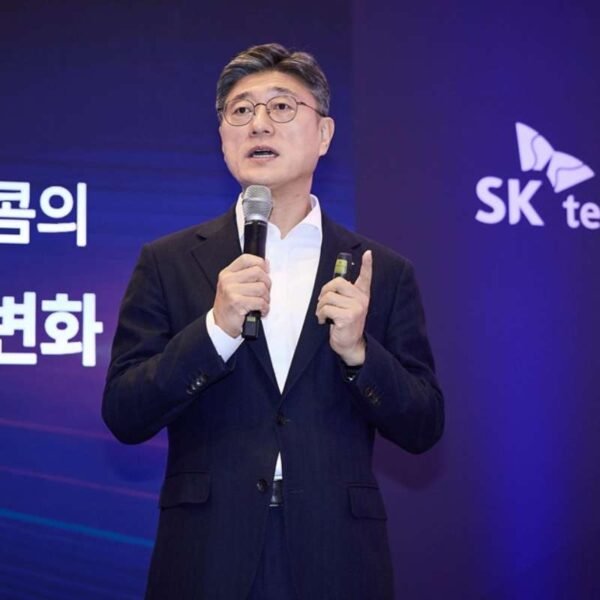Photo – AFP
Alibaba, on Thursday, expressed concerns about the impact of restrictions on its Cloud Intelligence Group, stating that these limitations have introduced uncertainties for the unit’s future.
Adapting to the circumstances
The company emphasized that a complete spin-off of the Cloud Intelligence Group might not yield the intended shareholder value enhancement. Instead, Alibaba aims to navigate the evolving circumstances by focusing on devising a sustainable growth model for the unit.
Ahead of the earnings announcement, Alibaba revealed in a regulatory filing its founder Jack Ma’s family trust’s intention to reduce its stake in the business. The trust planned to sell 10 million shares for $870.7 million in cash.
A setback
Alibaba’s decision to retract the spinout plan for its cloud unit poses a setback to its reorganization strategy, intending to split into six separate business units, marking one of its most significant transformations.
Additionally, Alibaba halted plans to list its Freshippo retail chain for groceries, citing a need to assess market conditions. However, the company still aims to list its Cainiao smart logistics division in Hong Kong.
These developments unfolded during the tenure of Ali’s new CEO, Eddie Wu, succeeding former boss Daniel Zhang, and a broader management reshuffle that appointed Joe Tsai as chairman in June.
Reassuring the Investors
The quarterly results reported a net income of 27.7 billion yuan ($3.8 billion), slightly below analysts’ expectations of 29.7 billion yuan. Revenue, however, met expectations, reaching 224.79 billion yuan, a 9% increase year-over-year.
Addressing concerns on Alibaba’s reorganization challenges, Chairman Tsai assured investors of the company’s robust financial position, citing $63 billion in net cash and $27 billion in free cash flow over the last 12 months.
Tsai emphasized Ali’s commitment to growing its cloud business within the Alibaba Group rather than pursuing financial maneuvers, highlighting the necessity of investment in the AI-driven business landscape.
Core and Noncore
CEO Wu outlined a strategic review of Ali’s businesses, categorizing them into “core” and “noncore.” The company plans to prioritize core businesses for long-term growth and enhance product innovation, while noncore ones will focus on profitability or alternative capitalization methods.
Additionally, Alibaba announced its inaugural annual cash dividend for 2023, set at $0.125 per ordinary share or $1 per American depositary share, totaling approximately $2.5 billion.
Looking forward, Alibaba intends to invest in innovative businesses like 1688, Xianyu, DingTalk, and Quark, emphasizing an AI-centric strategic direction to tailor product experiences for its users across platforms.
Also Read: What is the Role of a Cloud Computing Engineer in the Tech-dominated Infrastructure?










